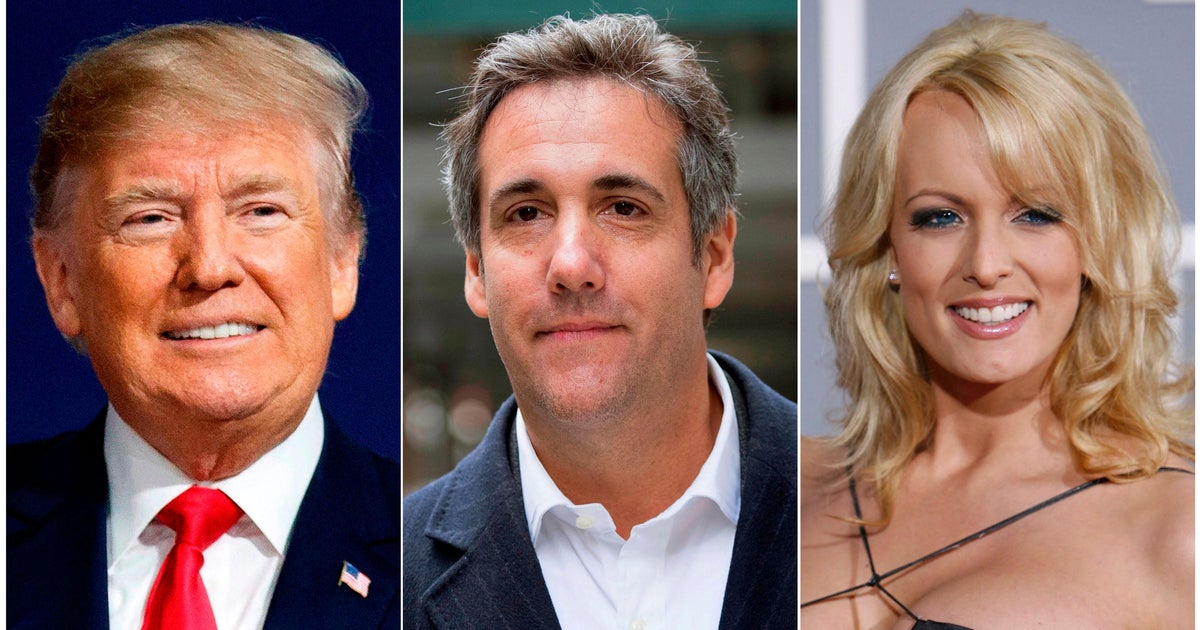4 ways consumers will feel the end of Obamacare subsidies
The Trump administration's announcement late Thursday that it will immediately end key cost-sharing subsidies under the Affordable Care Act could translate into higher, in some cases unaffordable, health insurance costs for consumers who rely on the individual insurance market. President Donald Trump said on Twitter that the health care exchanges are "imploding."
The president added on Friday that he considered the subsidies "almost a payoff" to the insurers, and he's ending the payments because he doesn't "want to make the insurance companies rich."
It didn't take long before New York State Attorney General Eric Schneiderman announced plans to sue the administration over the move, along with a number of other state attorneys general. Although unlikely, Congress could appropriate funds for the subsidies, which would end the longstanding legal dispute that opened the door for the administration to stop the payments.
Here's a closer look at four ways consumers are likely to get hit if the cost-sharing subsidies end.
Low-income people will face debilitating out-of-pocket costs
The cost-sharing subsidies were designed to reduce out-of-pocket costs such as deductibles and co-pays for people with incomes from 100 percent to 250 percent of the federal poverty level. About 7 million people are receiving these subsidies in 2017, more than half of the people who buy insurance on the ACA exchanges, according to data from the Kaiser Family Foundation.
Insurers provide the subsidies to consumers, and the federal government reimburses insurers for the higher costs. Those reimbursements are estimated to total $7 billion this year and as much as $9 billion in 2018. At the same time, cost-sharing payments are expected reduce low-income consumers' deductibles by as much as $3,354 each and out-of-pocket medical expenses by as much as $5,587, reported KFF.
Cost-sharing subsidies are different from the tax credits that qualified consumers receive to help offset the exchange-based premiums. Without the subsidies, medical expenses will become unaffordable for many low-income families, even if they purchase insurance.
Everyone will pay higher premiums
Without cost-sharing reimbursements from the government, insurers say they must pass along the costs in the form of higher premiums -- to all customers. Earlier this year the Congressional Budget office estimated premium increases would average 20 percent without cost-sharing subsidies. Higher premiums will affect everyone paying for a silver-level exchange plan (the only level that allows cost-sharing subsidies). And they'll especially hit people who don't qualify for government help with premium costs.
Insurers will disappear
The uncertainty over the future of Obamacare and specifically the cost-sharing subsidies had already caused a large exodus of insurers from the exchanges, leaving many counties with only one choice of insurer in the individual marketplace. Thursday's announcement could easily push many of the remaining insurers to exit the exchanges, even before open enrollment for 2018 begins. In some cases, consumers may find themselves with no affordable exchange choice and, as a result go without health care coverage.
Consumers may turn to alternative insurance plans
The cost-sharing announcement came just hours after President Trump signed an executive order that opened the door for small businesses and individuals to buy alternative types of insurance that wouldn't be subject to ACA regulations. Although the order is being challenged and is expected to take several months for government agencies to implement, consumers who can no longer afford or find exchange plans may eventually turn to these alternatives when and if they become available.
Critics, including many state insurance commissioners, worry that coverage under these plans will be far less comprehensive and actually drive up costs for consumers with preexisting conditions and serious medical conditions, which may not be covered under such plans.



